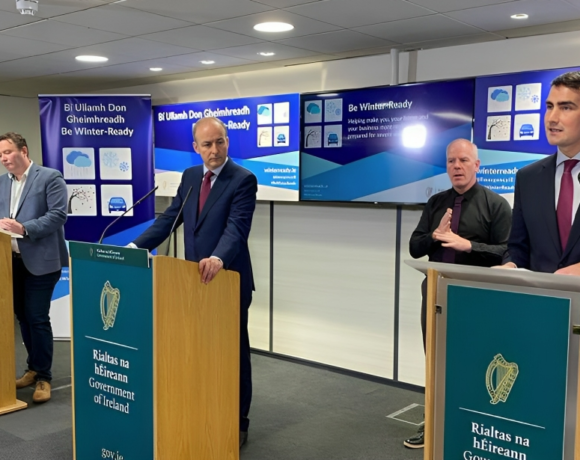Minister for Health Stephen Donnelly has announced an additional €760,000 in funding for screening services through the Women’s Health Fund.
The latest allocation from the Women’s Health Fund will see investment in research, innovation, and supports for women in at-risk populations, including:
- Addressing low uptake in BowelScreen for women in at-risk populations
- Piloting a new national screening pathway for women with diabetes who become pregnant
- Listening and responding to women’s experience of BreastCheck
Minister Donnelly said, “we know that about 40% of cancer cases are preventable and that effective cancer prevention strategies can prevent illness, save lives and reduce suffering. Early detection through organised screening programmes can play an important part in saving lives. In Ireland we are fortunate to have in BowelScreen, BreastCheck and CervicalCheck, three effective screening programmes that have resulted in a reduction in mortality and the detection of cancer at an earlier stage. With Diabetic RetinaScreen we also have a programme that is freely available to all people with diabetes in Ireland and is reducing the risk of sight threatening eye disease.”
“I have approved investment through the Women’s Health Fund to further support these important screening initiatives, delivering on my commitment to improve the health experiences and outcomes for women. I am pleased to fund a Diabetic RetinaScreen pathway developed by clinical experts to help prevent sight loss for pregnant women with diabetes. Investment in our BowelScreen programme will ensure engagement with women to increase awareness and uptake in the programme. The fund will also support new innovative technologies in our BreastCheck programme, which will enable them to listen and respond to women’s experiences through a real-time platform. However, inequalities to access persist and what this investment will do is address some of these inequalities, expand the benefit of these programmes to at-risk populations and listen to the voice of women on how we can improve their experience.”
Fiona Murphy, chief executive of the National Screening Service said, “screening programmes work by inviting people who are well and who don’t have symptoms. Population screening is an important additional service that people can use to improve their own health and reduce their risk of developing serious disease – and it’s vital to us to ensure that it is accessible to all. Year on year we strive to work with communities to enable greater access to screening programmes. We are grateful to the Women’s Health Fund for supporting our work. This funding will enable our continued focus on equity, and help us work to ensure that all sectors of society can access our valuable screening services.”
Professor David Keegan, Clinical Director of Diabetic RetinaScreen said, “women with diabetes who are pregnant are at higher risk of sight loss. This investment will allow a specific diabetic retinal screening pathway for patients who are pregnant. This new pathway improves equality and quality of access to eye care for women at risk of sight loss.”
Professor Padraic MacMathuna, Clinical Director of BowelScreen said, “bowel cancer is the third most common invasive cancer in women in Ireland – with a higher incidence than cervical and ovarian cancer. If bowel cancer is diagnosed early, in most cases people can be treated more successfully and have better outcomes. Screening is a very effective way of reducing a person’s risk of developing bowel cancer. There is no doubt that this initiative will help us improve bowel cancer screening uptake in women in at-risk populations, and in so doing, improve patient outcomes.”
Professor Fidelma Flanagan, Clinical Director of BreastCheck said, “BreastCheck has always been an early adopter of innovations for the benefit of our patients. The ability to capture in real-time women’s experience of the programme will allow us to design and direct our quality improvement efforts to the areas that women are telling us to. This digital technology allows us to expand on our commitments described in the BreastCheck Women’s Charter.”













